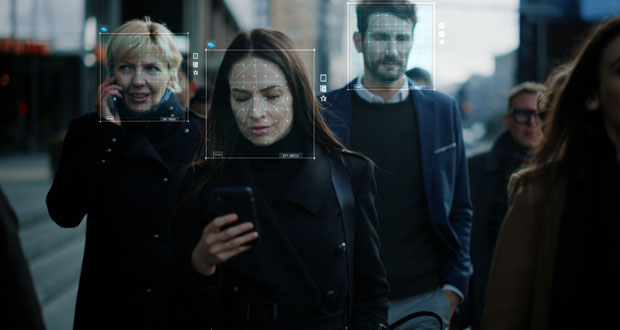By Peter Smyth, Director of Technology & Innovation, and Olga Mitropoulou, Director of Risk & Compliance at Bidvest Noonan
On Wednesday, the EU passed the world’s first comprehensive AI law, the Artificial Intelligence Act. This Act is set to establish unprecedented standards for AI usage and regulatory compliance. Its significance will be particularly pronounced for the private security and facilities industries in the EU. However, the significance of this Act extends far beyond EU borders, potentially influencing future legislative approaches in other markets.
Notably, the UK has outlined its approach to AI regulation in its 2023 white paper. The UK’s strategy shares common principles with the EU’s legislation. The white paper advocates for a new regulatory framework for high-risk AI systems and risk assessments for AI tool usage.
Implications for the Private Security Industry
Central to the EU’s AI Act are provisions designed to safeguard fundamental rights and public safety. The legislation classifies AI systems based on their risk potential, with stringent regulations for high-risk applications and an outright ban on specific uses such as certain untargeted facial recognition and mass surveillance techniques. For the private security industry in the EU, these measures may necessitate a careful evaluation of surveillance practices and technologies in the future. The act prohibits the use of AI systems that “create or expand facial recognition databases through the untargeted scraping of facial images from the internet or CCTV footage“.
The Act restricts the use of ‘real-time’ remote biometric identification systems in publicly accessible areas for law enforcement purposes, permitting their usage only under specific, tightly defined circumstances, such as the search for victims of serious crimes or the prevention of substantial, imminent threats.
The act will present challenges in terms of compliance and operational adjustments for Security providers as they deploy AI. Security firms will need to conduct comprehensive audits of their AI technologies, ensuring alignment with the Act’s requirements. A crucial component of adapting to the new landscape involves educating both staff and stakeholders about the ethical, legal, and operational implications of the AI Act.
The Artificial Intelligence Act is a landmark in the regulation of AI technologies, with far-reaching implications for the private security industry. Ultimately, this legislation aims to pave the way for a safer, more ethical future. As the industry adapts, it remains to be seen how these regulations will shape the landscape of AI in security. Bidvest Noonan is closely monitoring the developments and its dedicated teams are working together to ensure compliance with the Act and careful consideration of the use of AI technology in our business.
Image credit: gorodenkoff / iStock





